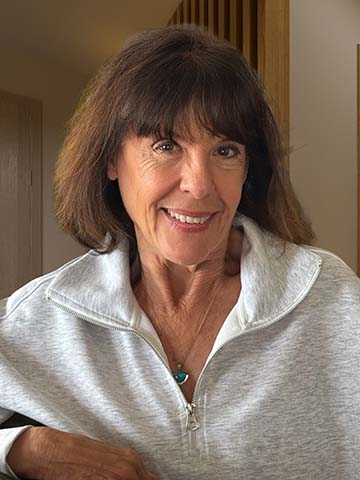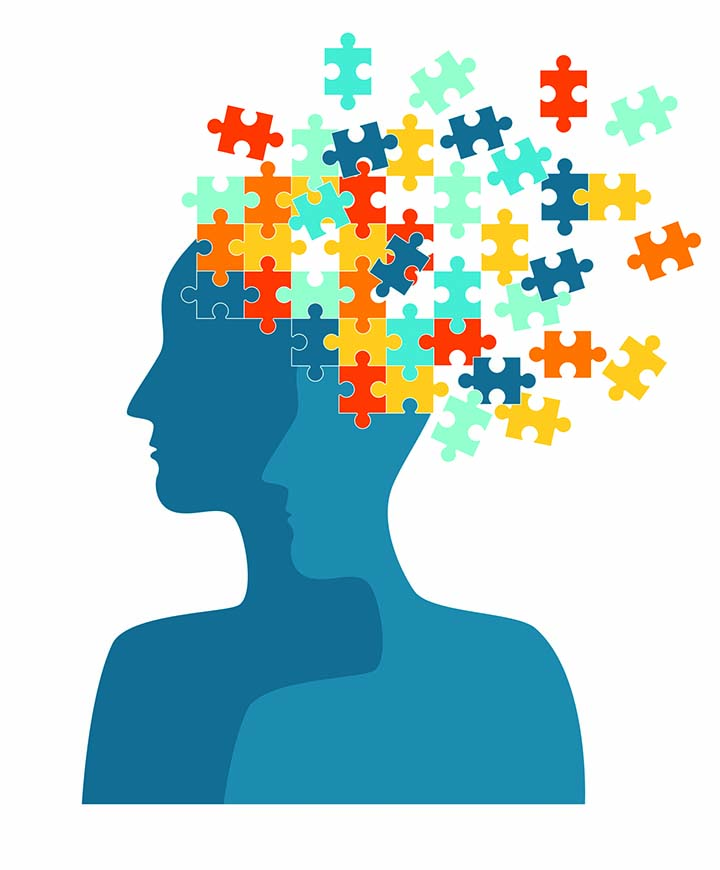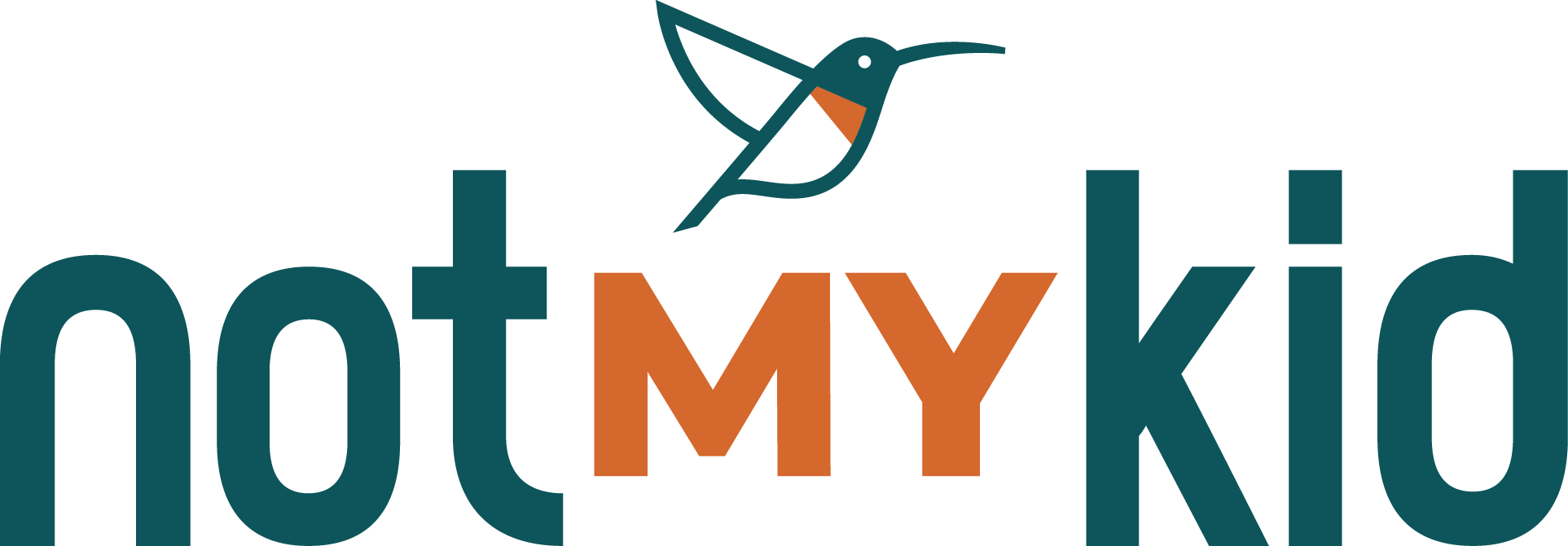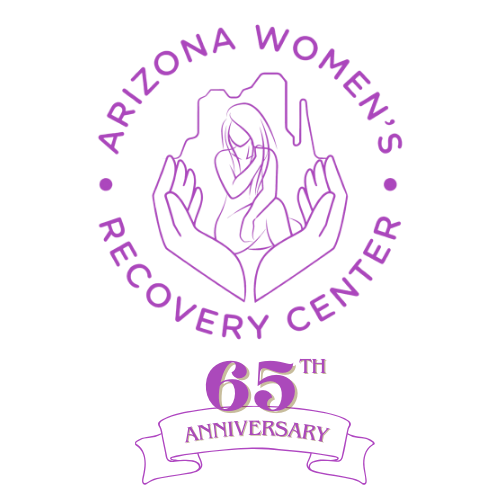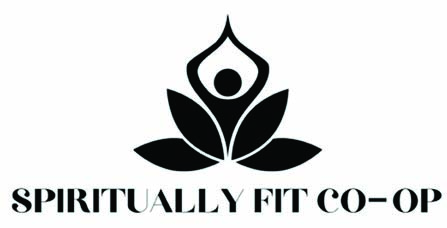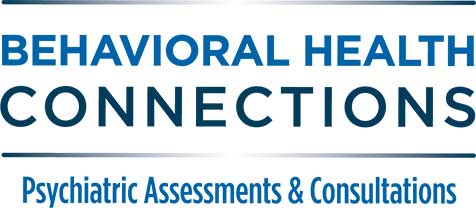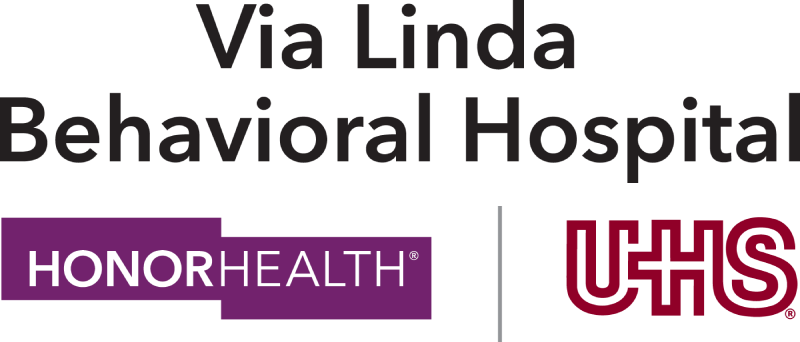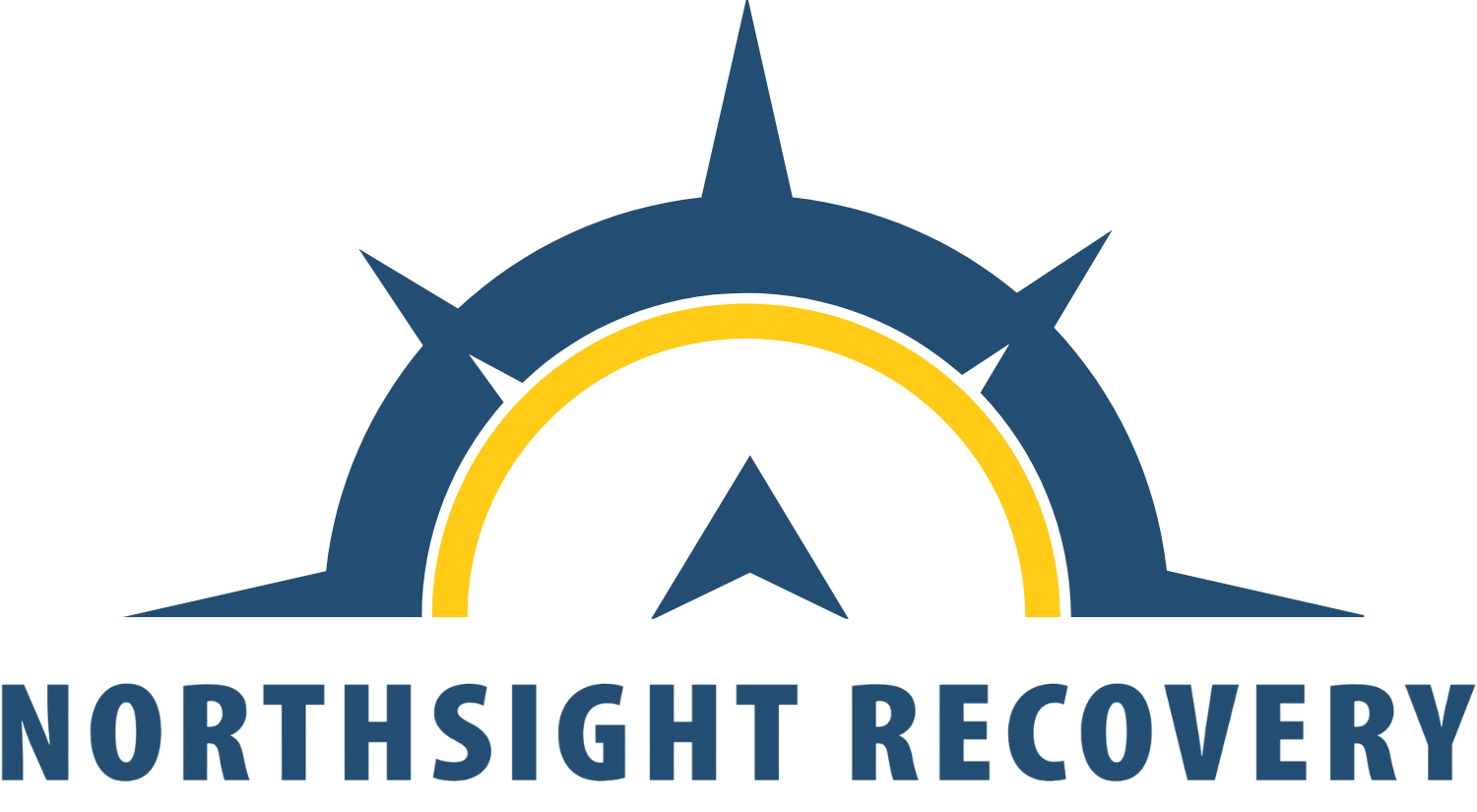It’s OK to Talk about Mental Health
By Ericka Irvin, Executive Director, MHAA
Francine Sumner’s life took a new path on June 13, 2017. It was the day her son, Zachary, took his life at the age of 16. “I think I knew right after he died. I think in those next few days I knew something had to be done,” Sumner said. “This was my son. He was a great person, and he died of mental illness.”
Sumner founded Kid in the Corner, an organization devoted to raising awareness of mental illness in children. Her passion for education and advocacy is boundless, and her voice is invaluable as a board member for Mental Health America of Arizona.
In my role as the executive director of the MHA Arizona chapter, Francine’s voice is a constant reminder of why this work is so important.
Mental illness is a silent epidemic
It’s an uncomfortable, sometimes painful conversation to have. Yet, it affects a staggering number of people from every conceivable walk of life.
Nearly 50 million American adults experience a mental illness every year. That’s one in five people over the age of 18. In children, more than 10 percent have severe major depression. (These numbers are from 2019, prior to the COVID-19 pandemic, which had a devastating impact on mental health in youth.)
Most forms of mental illness are treatable, often allowing those receiving consistent care to lead vibrant and fulfilling lives. Unfortunately, far too many people receive inadequate care, if they receive any care at all. More than half of adults with mental illness — 27 million people — receive no treatment.
Who is MHAA?
Mental Health America of Arizona is dedicated to helping de-stigmatize the process of seeking help, connecting those in need with resources. A visitor to our website, MHAArizona.org will find a free, online mental health screening tools. It’s a simple, interactive series of questions allowing anyone to privately take the first step toward evaluating their own well-being, and find treatment. The website includes information on how to obtain a professional evaluation, and we sometimes work directly with families seeking a referral.
But our work doesn’t end there. Our chapter has developed a workplace training program to raise awareness of mental health issues and provide a pathway for businesses and public entities to follow. Since establishing the program less than a year ago, we’ve conducted multiple training sessions with private businesses, local governments, and school districts. Our goal is to make mental health a part of the conversation, just as we talk about other healthy workplace practices. Many businesses already understand a healthy workplace is a productive workplace, and focusing on mental health is a vital part of that effort.
MHA acts as a voice in the mental health community, working with state and local decision-makers to craft better public policy at the grassroots level. Our work is challenging. Arizona ranked 49th out of 51 states (and the District of Columbia) in a national assessment of 15 measures, including adults and youth with mental illness, and access and affordability of care. We believe we can do better.
MHA Arizona also presents the annual SEEDS conference, a gathering of providers, advocates, educators, and public and private administrators from across the state. Each year, we focus on ways to improve access to care and find new, innovative ways to share resources.
This year, our conference kicked off Mental Health Awareness Month in May. It’s an opportunity to make mental health part of a broader public conversation. While we certainly need more resources and more avenues for quality care, we also face the challenge of de-stigmatizing the very subject of mental illness. Too often, those with mental illness suffer in silence — unaware of their own illness, or too embarrassed or ashamed to seek help. That has to change.
Each day, I’m inspired by courageous people like Francine Sumner, who choose to share the most painful moments of their life to further a greater cause. Behind all the numbers, there are real people facing monumental challenges, and we can make a difference for the better. MHA always welcomes your support.
Visit MHAArizona.org to learn more.

